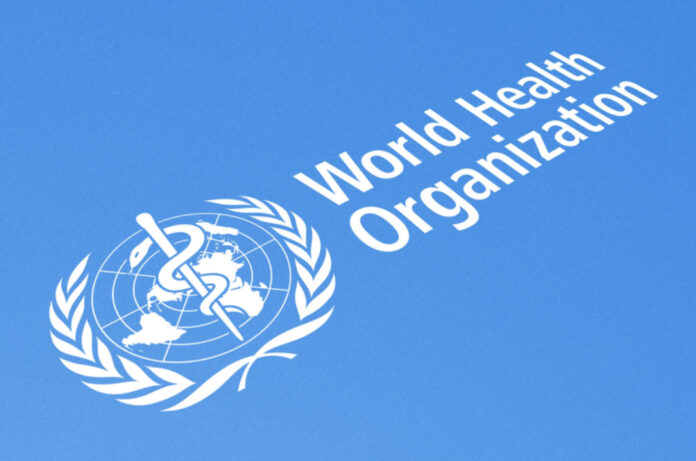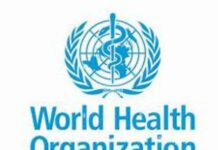Paracetamol during pregnancy not proven to cause autism – WHO
The World Health Organization (WHO) has firmly stated that there is currently no conclusive scientific evidence connecting the use of acetaminophen (paracetamol) during pregnancy with autism spectrum disorder (ASD) in children.
WHO’s position follows recent claims, including by former US President Donald Trump, alleging that taking Tylenol (which contains acetaminophen) while pregnant could increase autism risk.
The agency emphasised that over the past decade, large-scale studies looking at the relationship between prenatal acetaminophen exposure and autism have produced inconsistent findings, and no reliable, consistent association has been found.
Like many health bodies, WHO advises pregnant women to follow the guidance of their healthcare professionals when taking any medication, especially in the first trimester. Paracetamol should be used cautiously according to the dosage prescribed or suggested by medical experts.
READ ALSO: Paracetamol tablets sold in Nigeria are below WHO standard – Research
WHO also reiterated that the exact causes of autism remain unclear. While increased awareness and better diagnostic tools have led to a rise in diagnoses, autism is understood to be influenced by multiple factors, including genetic and environmental contributors.
The statement further addressed vaccine safety, noting that an extensive, robust body of research has shown that childhood vaccines, including those containing thiomersal or aluminium, do not cause autism or other developmental disorders.
Medical experts in other countries have echoed this stance. For example, the UK’s Medicines and Healthcare Products Regulatory Agency confirmed that taking paracetamol during pregnancy, when used as directed, remains safe.
Similarly, South African obstetrics and medical bodies said that although some earlier observational studies had suggested possible associations, such findings were likely due to confounding factors and did not establish causation.
Follow the Neptune Prime channel on WhatsApp:
Do you have breaking news, interview request, opinion, suggestion, or want your event covered? Email us at neptuneprime2233@gmail.com





